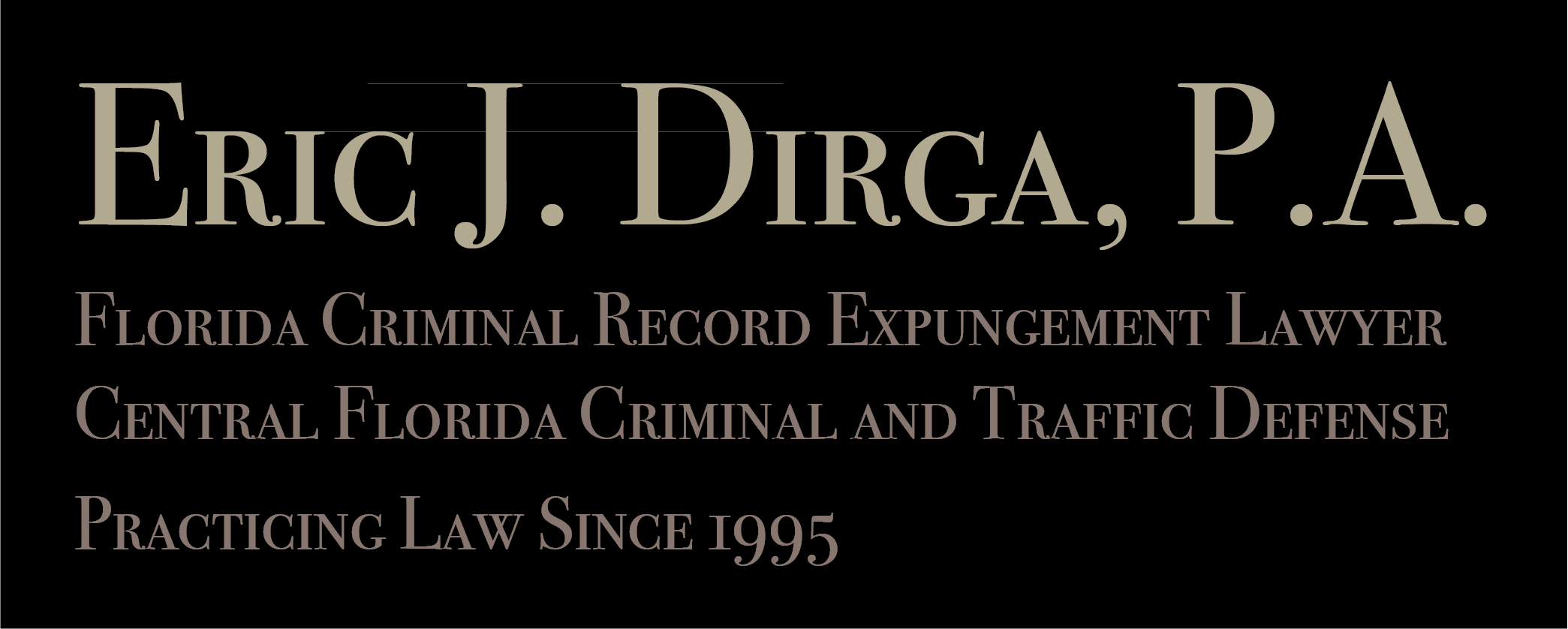Table of Contents
There are three types of Juvenile Expungements:
- Juvenile Diversion Expungement
- Expedited Juvenile Expungement
- Normal Adult Expungement for a Juvenile
Juvenile Expungements
Florida law allows for the expunging or sealing of juvenile records. Special provisions allow for the expunction of records without using the once-in-a-lifetime use of the standard expungement. Each are dependent on the circumstances surrounding the juvenile charges and disposition.
When You Should Consider Expunging Your Child’s Juvenile Record
The main reason to expunge or seal your child’s record is to minimize the exposure your child’s record has to the outside world. Adult criminal records are public records. Juvenile records are confidential. However, through a quirk in the law, felony records of a juvenile are sold to the public.
⚖ Juvenile Record Confidentiality
If a juvenile is charged with a felony, you should consider expunging that arrest record as soon as it is possible.
Current Florida law allows the Florida Department of Law Enforcement [FDLE] to sell juvenile records if:
- the juvenile is charged with a felony,
- is found guilty of a felony, or
- is being prosecuted as an adult.
The FDLE is the only agency that allows access to juvenile records as noted above. All other agencies, including the Department of Juvenile Justice maintain strict confidentiality.
There Are Several Types of Juvenile Expungements
Florida law allows for several types of juvenile expungement proceedings. You need to understand each to know if that type of an expungement is necessary.
Adult Expungement or Sealing
The good news is that your child can take advantage of the sealing (s. 943.059, Fla. Stat.) and expungement (s. 943.0585, Fla. Stat.) statutes. These are one time requests to the court to have an arrest record removed from the public records. If this is used to remove a juvenile arrest, the juvenile will have used the one standard expungement he or she has available through the law.
When to use this: When your child has been arrested for a felony offense and all court obligations and supervision has ended.
PROS
- It will stop FDLE from selling your child’s record.
- It gives the most comprehensive protection by law.
CONS
- Can only be used once in a lifetime.
- Juvenile supervision can last until 19th birthday which would delay the use of this option making it ineffectual.
Qualified Diversion Juvenile Expungement
The law provides for a juvenile diversion expungement (s. 943.0582, Fla. Stat.) if your child has completed a juvenile diversion program for a non-violent misdemeanor offense or non-forcible felony.
This is a one time procedure for relief. It does not count against the ability to use the adult seal or expunge procedure (mentioned above). However, it must be completed within one year of the completion of the diversion program.
Understand that part of the qualified juvenile expungement applies to records that FDLE already cannot sell (non-violent misdemeanors). This means that, in the case of misdemeanor cases, the record should remain confidential whether the record is expunged or not unless the juvenile criminal history is merged* with his or her adult criminal history.
PROS
- Relatively simple to do.
- Does not count towards the one-time use of the standard expungement or sealing.
- Removes the record from public disclosure should the Juvenile criminal history be merged.
CONS
- Can only be used for non-violent misdemeanors that went through diversion.
- The law already prevents the selling of this type of records (unless record becomes merged).
*Juvenile criminal histories are merged with the adult criminal history if the juvenile commits a new law offense after he/she becomes an adult and before the automatic expungement of juvenile records.
Automatic Expungement of Juvenile Records
A juvenile’s record is administratively expunged upon reaching the age of 21 or 26 automatically so long as no new crime has been committed after the age of 18. This law must be considered when deciding whether to use the standard expungement for your child’s arrest.
PROS
- Automatic so long as child does not commit new offense as adult.
- Arrest will not appear on adult criminal history.
CONS
- FDLE will be selling juvenile felony arrests up to the time of this expungement.
- This expungement will have no effect on private company databases that have already collected the juvenile felony records before the expungement takes effect.
Early Automatic Expungement
As of 2017, there is a provision to allow the automatic juvenile expungement to take place before the age of 21. The provision allows for the automatic juvenile expungement to be moved up in time, shortening the amount of public exposure.
PROS
- Will shorten the duration when FDLE is selling juvenile felony arrests.
- Relatively easy to do.
CONS
- Not automatic.
- Applicant must have turned 18 when applying.
- Applicant must not have committed a criminal offense during the 5-years prior to the application date.
Because there is a five year delay, felony records will have already been sold to the public. This will work very well for multiple juvenile misdemeanor arrests.
For More Information Emailed to You
Please include the information you are comfortable with providing us. We use the cell number to confirm email receipt.
We will not harass you with calls, emails, or texts. We will not place you on a mailing list. We will not share your information with anyone. We will add you to our contacts so we know who you are when we communicate in the future. For more information, see our privacy policy.
 Attorney Eric J Dirga, PA
Attorney Eric J Dirga, PA



